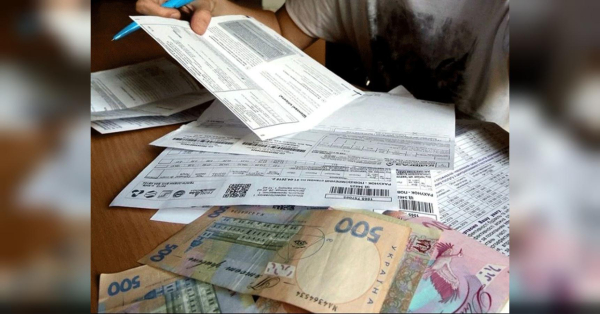
ROME — Austrian authorities on Friday handed over to Italy one of the suspected smugglers of the boat which capsized in February off southern Italy in a tragedy that killed 92 migrants, Italian police said.
The suspect, a 27-year-old Turk identified by police as Ufuk Gun, was arrested on March 7 near Graz, Austria.
Prosecutors in Calabria, in the “toe” of the Italian mainland, are investigating the shipwreck, near the beach town of Cutro. There were 80 survivors, many of whom staggered ashore or were pulled to safety by local residents.
They are also investigating whether the Italian coast guard should have been dispatched hours earlier, in time to prevent the deaths.
After the shipwreck, the conservative government of Premier Giorgia Meloni sharply raised criminal penalties against people smugglers who cause death but denied any blame for the tragedy.
Italian police said in a written statement that authorities arranged for the suspect, sought on a European arrest warrant, to be returned to Italy at the border town of Tarvisio. After formalities, the man will be brought to Crotone, the headquarters of prosecutors near Cutro, for continued investigation, police said.
Survivors had indicated the suspected smugglers to investigators. At the time, a warrant for Gun was issued, court documents indicated his whereabouts as unknown and no lawyer for him was listed.
It's common for smugglers to try to mingle with their passengers in hopes of avoiding arrest, and then attempt to slip out of Italy. Three other suspected smugglers have previously been arrested in the shipwreck investigation.
The boat had set out from Turkey. Afghans, Pakistanis, Iranians, Somalis and Palestinians were among those who paid about 8,000 euros (then $8,700) apiece for the trip, which they hoped would reach Europe so they could find work or reunite with family.
Italy's interior minister, Matteo Piantedosi, has dismissed contentions by opposition lawmakers and rights groups that the shipwreck could have been avoided. He argued that the smugglers could have brought the boat to shore hours earlier but deliberately kept it at sea in hopes of avoiding police on shore.
Just offshore, the boat, rocked by tall waves, slammed into a sandbank, splintering and rapidly taking on water. Bodies washed up on beaches for days afterwards.
Italy decided at first only to send border police boats, which couldn't handle the rough seas, and not coast guard vessels, better equipped for rescue in adverse marine conditions, after the migrant boat was spotted by surveillance aircraft.
At a Cabinet meeting held in Cutro, 11 days after the shipwreck, Meloni and her government had issued a decree establishing a new crime — people smuggling that results in death of migrants — punishable by up to 30 years in prison, an exceptionally stiff sentence for crimes involving facilitating illegal immigration.
Despite the crackdown, the migrants keep coming. Since the start of this year, nearly 40,000 had arrived by Thursday on Italy's southern shores, some four times more that the number of migrants arriving in the same period last year.
The tiny Italian isle of Lampedusa has been struggling to temporarily house many of the migrants, who come ashore either unaided or after rescue by coast guard boats, before they can be sent elsewhere for screening of their asylum bids.
While boats still set out from Libya and Turkey, lately many of the smugglers' precariously constructed vessels are being launched from Tunisia.
__
Follow AP’s coverage of global migration at https://apnews.com/hub/migration
Sourse: abcnews.go.com






